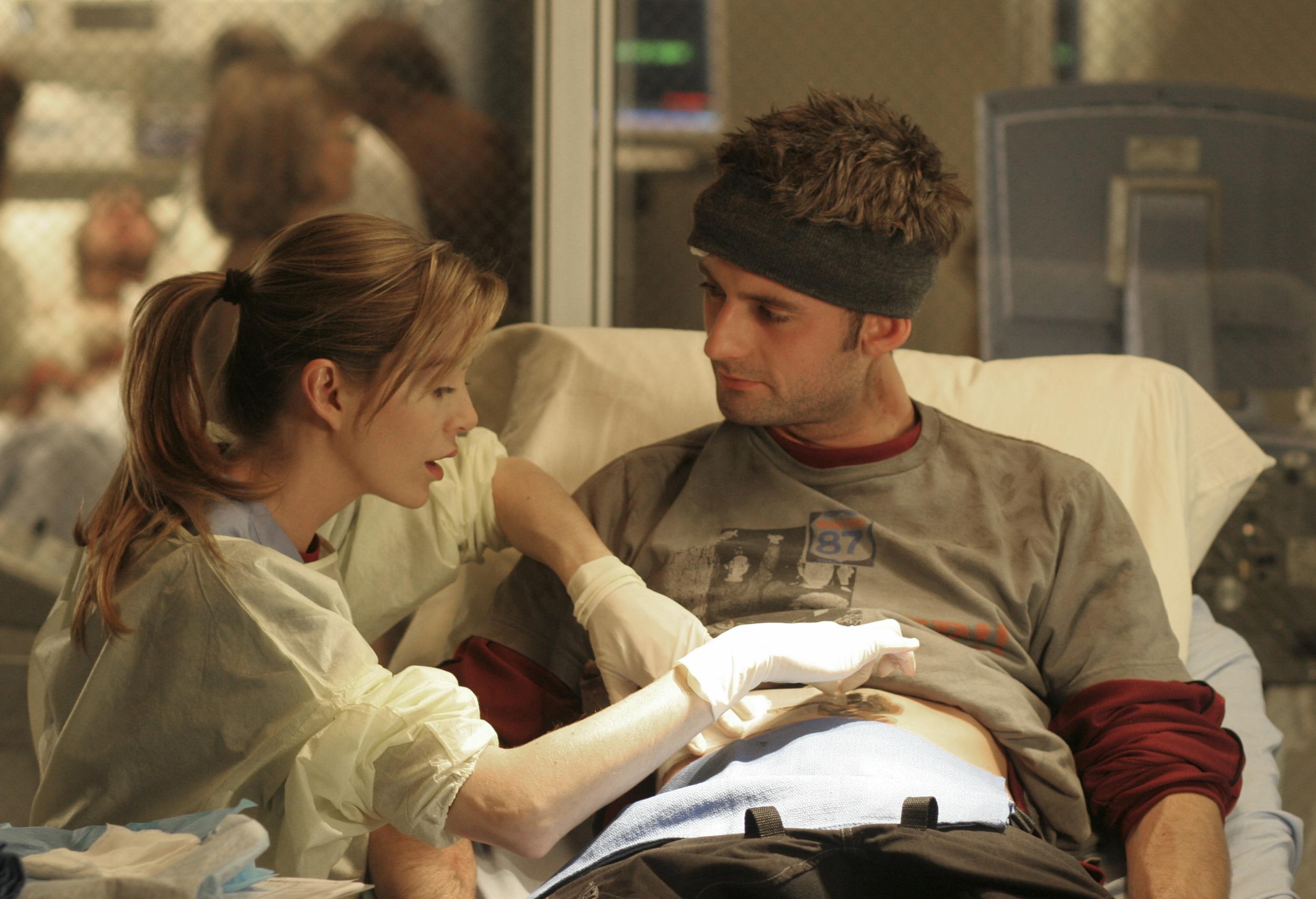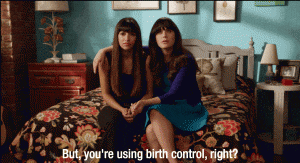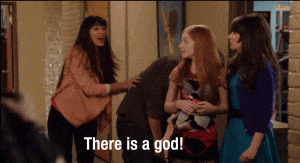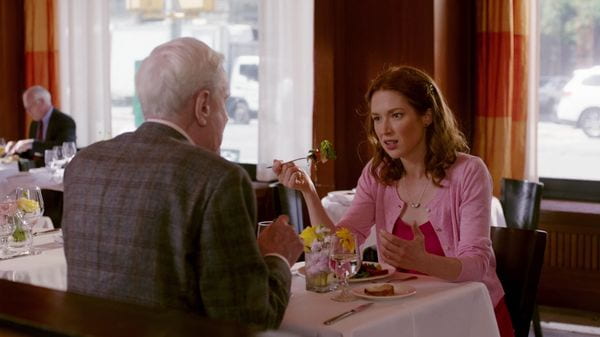In episode four of Unbreakable Kimmy Schmidt, “Kimmy Goes to the Doctor,” Kimmy is recommended plastic surgery by Jacqueline to practice a new “outside-in” theory of self care. Before she undergoes botox, Kimmy realizes that she and everyone else is trying to “Buh-breeze” (a play on words from Febreeze and the commerical that puts people in an empty room drowned in Febreeze) her problems away by masking them. As soon as she realizes this, she encourages Jacqueline to confront her problems with her husband rather than trying other procedures to fix them and hoping they fade.

The infamous “I can’t believe this room smells like this” Febreeze commerical.
The episode is a social commentary. According to the American Society of Plastic Surgeons, “17.5 million surgical and minimally invasive cosmetic procedures performed in the United States in 2017” with higher percentages and rising numbers in other countries (https://www.plasticsurgery.org/news/press-releases/new-statistics-reveal-the-shape-of-plastic-surgery). The episode tries to ask if plastic surgeries actually address the “problem.” Sure, some procedures for some people may “adjust” a something they have always been dissatisfied with, but for others the “problem” may stem from deeper issues such as self esteem. The episode points out that something like plastic surgery is not a blanket solution.
The episode also criticizes attempts “self help” methods that rarely seem to do anything for the consumer other than take their money. In the episode, Jacqueline claims she bought two books on the “outside-in” method, the idea being that a good outward life can reflect onto a good inner life, prompting Jacqueline to get procedures to improve her attractiveness and outward happiness. However, as Kimmy points out, this method does nothing to address the problems that actually affect Jacqueline. The episode shows how these “self help” methods are rarely helpful and most of the time consist of regurgitated information.



















